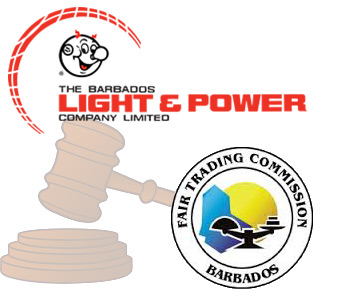The Barbados Light & Power Company has reviewed the Fair Trading Commission’s decision regarding our application for Fuel Hedging submitted March last year.
We have accepted the decision.
We have also taken note of the concerns raised by the Fair Trading Commission and naturally, we are disappointed by the outcome, not for ourselves, but for our customers.
We believe that hedging is a useful tool to provide our customers with the opportunity for more stable electricity bills.
So, what is hedging?
Hedging is a tool to reduce customers’ exposure to extreme fuel price movements and to reduce the risk of price increases to our customers. Hedging is different from speculation which involves taking risks or gambling to make a profit. At no time was Light & Power contemplating speculating on fuel prices as reported in some areas of the press. We were simply seeking to reduce the risks of fuel price increases to our customers.
Light & Power does not profit in any way from the Fuel Clause Adjustment mechanism and neither would we have benefitted financially from the proposed fuel hedging program. The Fuel Clause Adjustment is a ‘pass through’ charge which recovers all fuel related costs used in the generation of electricity. And these costs are reviewed monthly by the FTC. Similarly, it was contemplated that costs associated with the administration of hedging, would also be a direct pass through.
What was our objective you may ask? In other words, why did we file the fuel hedging application?
The objective of our fuel hedging application was to provide customers with greater ‘bill stability’ by locking in fuel prices.
By locking in fuel prices for a period for a portion of our fuel purchases we would have been able to provide customers with greater bill certainty. We would be reducing customers’ exposure to the risks associated with significant increases in international oil prices.

